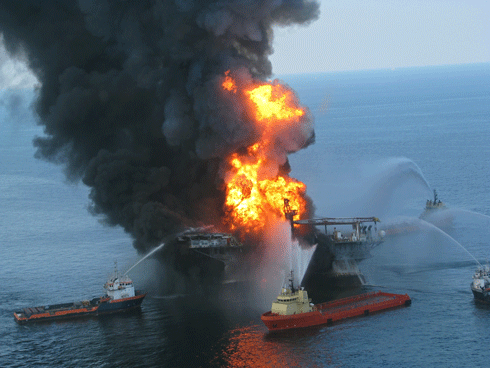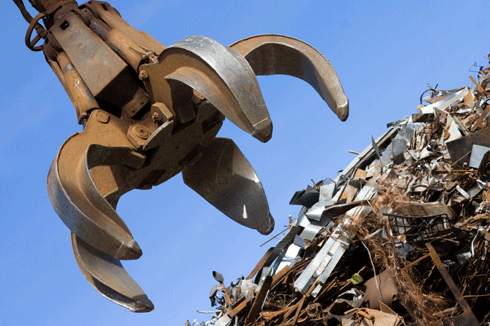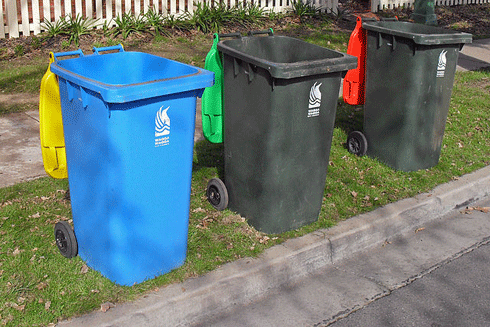
|
Published: 17 January 2013
Shareholder liability could tip the balance towards sustainable energy
Allowing shareholders to be held liable for the damages that companies cause to the environment and people could help transform the world’s energy system towards sustainability, according to new research published in Proceedings of the National Academy of Sciences (PNAS).
The research identifies a fundamental rigidity, known as lock-in, within the energy economy that favours the use of fossil fuels and nuclear power, despite their large environmental and social costs.
The researchers say this rigidity of the existing energy economy could be reduced by introducing new rules that hold shareholders liable for the damages caused by the companies they own. Allocating liability between the company and its shareholders could spur a shift toward a sustainable energy system.
‘The world’s energy system today relies heavily on fossil fuels and uranium, and its output regularly causes damage to the environment in the form of pollution, oil spills, or nuclear leaks,’ says the study’s lead author, Jérôme Dangerman from the International Institute for Applied Systems Analysis (IIASA).
But while companies can be penalised for damages to the environment, their owners are not. ‘As a shareholder you are generally speaking never liable for those damages,’ says Dangerman.
The paper examined the historical transitions of the energy system, examining the factors that led to previous transitions in energy use, for example from wood to coal, and then from coal to oil.
The researchers – from IIASA and the Potsdam Institute for Climate Impact Research – argue that a large-scale transition towards renewable energy should have been kick-started in the 1970s by the then-unfolding technological revolution 1970s. Instead, since the early 1970s the global system has ‘frozen’, with fossil fuels and nuclear remaining the major energy sources.
‘From a healthy resilience point-of-view you would normally expect a system to adapt to a situation which is causing so much damage,’ says Dangerman. ‘But it’s not fundamentally changing.’
Dangerman and co-author Prof. Dr. Hans Joachim Schellnhuber explored the reasons for the rigidity in today’s energy system.
Schellnhuber says heavy investments in fossil fuels have led to big profits for shareholders, which in turn leads to greater investments in technologies that have proven to be profitable. At the same time, the chances of success for sustainable alternatives diminish.
Profits for shareholders don’t include a reckoning for environmental and social damage, so there is little impetus for them to consider these factors when investing. In order to change the system, says Schellnhuber, something needs to alter the damaging positive feedback cycles.
According to Dangerman, ‘you could change this system by allowing a form of negative feedback: stopping the current block on shareholder liability and holding shareholders co-responsible for the damage that their companies cause.’
Dangerman points to the 2010 Deepwater Horizon explosion in the Gulf of Mexico as an example.
‘If shareholders were held liable, then next time they might consider the risk before investing, or demand from the company's Board of Management to change its course of business towards less damaging ventures.’
Source: IIASA






